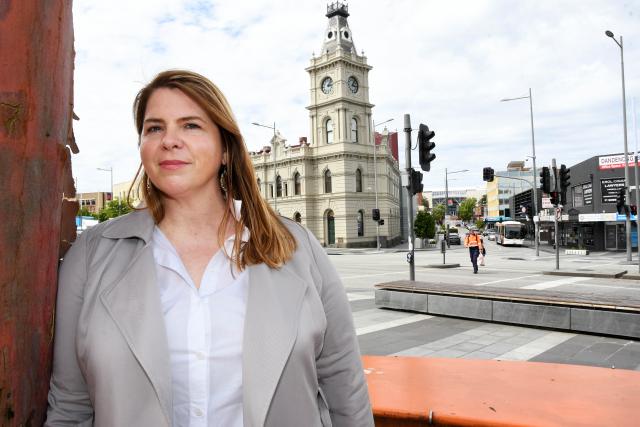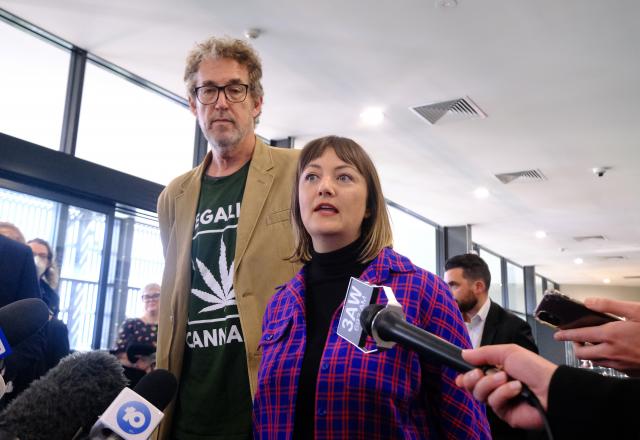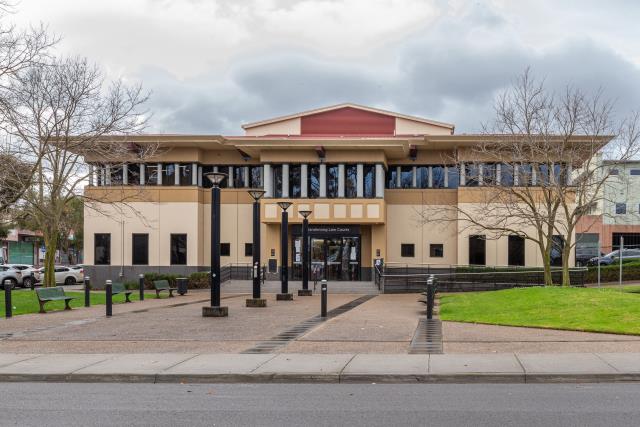Business groups are warning about the impact of incoming payroll levies announced in this years’ State Budget.
South Eastern Melbourne Manufacturers Alliance (SEMMA) is one of many to come forward prior to the announcement, saying they are “disappointed” by the introduction of a Covid Debt Levy via the payroll tax surcharge.
SEMMA chief executive Honi Walker said the government needs to refocus its priorities to support local businesses during these times.
“Government needs to focus on a path to recovery by fully implementing local content rules and ensuring a stream of skilled people are available – giving businesses the chance to invest and employ more people,” she said.
Both locally and across the state, the manufacturing sector is one of many struggling with staff-shortages and people coming through schools into trainee and apprentice roles to support the industry.
Greater Dandenong Chamber of Commerce chief executive Lisa Moore said it will be interesting to watch the impacts that the increased payroll tax will have on businesses in the Dandenong area.
“While, yes, the government will have more money for Covid payback, the profitability of local businesses may be impacted,and slow down growth opportunities due to wages rising.
“If we look at unemployment data, statewide unemployment is approximately 3.5 per cent per cent, whereas Dandenong is approximately 7.2 per cent – these taxes may limit businesses’ ability to attract quality talent, particularly in our lower-employment area,” she said.
She said the industries that are more likely to be hit the hardest include construction, transport and warehousing, and the rental and real estate market.
Labor MP and treasurer Tim Pallas said Labor’s goals are to deliver on the promises made at the time of their 2022 re-election and help off-set the cost of living to Victorians.
The major change to this years’ budget came in the form of paying off our Covid ‘credit card’ debt with the Covid Debt Payment Plan” being introduced this year.
The plan includes two components, with the first component bringing changes to medium-large businesses’ payroll taxes later this year.
Companies with national payrolls over $10M per year will pay an additional 0.5 per cent payroll tax, and those with a national payroll over $100M will be stung with an additional 0.5 per cent on top of that, coming into effect from July 1 of this year.
The second component will be covered by taxpayers with landholdings; those with landholds between $50-$100,000 will have a fixed charge of $500, landholds between $100,000 and $300,000 have a rate of $975, and above $300K will pay an additional 0.1 per cent based on the value of the landhold.
Victorians can also expect a change to the tax-free threshold as of January 1, 2024, which will drop from $300,000 right down to $50,000.
Opposition Leader John Pesutto said life is getting harder for Victorian families with higher rents and increases in land tax, on top of hikes in school fees and major infrastructure projects being shelved across the state.
Victorian Chamber of Commerce and Industry chief executive Paul Guerra said the State Budget takes Victoria from the most locked down state in Australia to one of the highest taxing, as the Government continues to hit business with the bill for the debt incurred throughout the pandemic.
“The Government says it is the plan to pay off the ‘COVID credit card debt’ but they’re doing that by using medium to large businesses and property owners as an ATM over the next 10 years.
“This Budget will be remembered for job cuts and tax hikes,” he said.
Monash University politics senior lecturer Zareh Ghazarian said the underlying message in this years’ budget is concerning.
“With the government reducing the public service size and increasing state revenue through taxes, it suggests that Labor is nervous about the state of our economy,” he said.
He said these changes to payroll tax and landhold tax will impact our local economy, making things harder for the everyday Victorian, and is likely to reduce our economic activity.
The incoming tax changes are likely to improve the State’s bottom line financially, but we can expect reduced spending at the local level, resulting in less money floating around for everyday businesses and locals alike.
“Landlords and business owners have two options: find ways to absorb these extra costs, or offset them to renters and customers,” Dr Ghazarian said.
He said Casey in particular, with several new developments on the horizon, is likely to feel more pressure from these incoming tax changes, particularly through increased rental prices.








